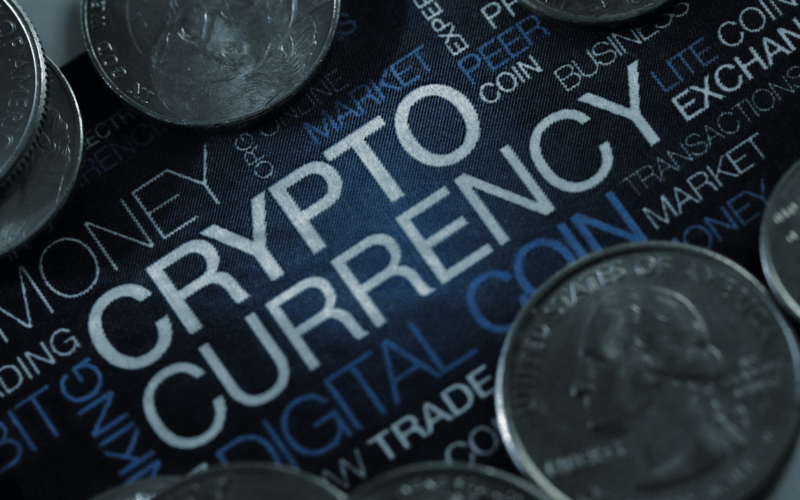NFTs — or non-fungible tokens — have become the latest global digital phenomenon, generating huge amounts of money for investors and traders, as well as significant interest across the world’s media. But what are NFTs exactly?
An NFT is basically a piece of digital property, just like the Bitcoin or Ether cryptocurrencies. However, unlike fungible currencies, NFTs do not have an agreed value — their sale value is dictated wholly by how much the buyer is willing to pay.
Sometimes, the buyer is willing to pay a great deal for these digital properties. For example, rapper Eminem paid a reported $450,000 for digital ownership of an NFT in the Bored Ape Yacht Club collection, and numerous other celebrities have paid similarly vast fees for their own NFT artwork. In the four weeks leading up to April 2021, sales of NFTs on the Ethereum blockchain totaled more than $63 million. By September, the four-week sales total had risen to more than $774 million.
How Could NFTs Figure in Online Gambling Trends?
NFTs are certainly becoming popular, even though they remain controversial due to their volatility. But do they have a future in the online gambling market?
On the surface, NFTs are less suitable for gambling than cryptocurrency, for example. Cryptocurrency is fungible and is designed to be used as an alternative form of payment, so it is easy for gambling providers to support payments in this form. NFTs are by definition non-fungible and so do not have an agreed value for transactions. This immediately renders NFTs unsuitable for gambling blockchain payments.
But does this exclude NFTs from the online gambling market? Not necessarily.
Online gambling providers could mint their own NFTs and deliver these to customers as loyalty rewards or player bonuses. This would be a way for betting companies to differentiate themselves from their competitors in the market, encouraging more players to sign up for the provider’s products.
The collectible aspect of NFTs could also be used to generate interest for gambling providers. By encouraging players to collect NFTs as part of a loyalty scheme, providers can build longer-term relationships with their customers. At the same time, the customers receive a digital property that is stored within their existing crypto wallets, which could increase in value over time.
The Groundwork Is Already Laid by Gambling with Cryptocurrency and the Blockchain
Cryptocurrency and blockchain technology are already reflected in online gambling trends, with many providers already accepting crypto payments from players. This means there is already a relationship between the online betting sphere and cryptographic concepts like the blockchain and the crypto wallet.
It’s not too much of a leap for gambling providers to expand their blockchain capabilities. As NFTs depend on blockchain technology for storage and trading, this could leave the way clear to gambling companies to offer NFTs in the future. However, if the public interest in non-fungible tokens begins to decline along with the value of NFT investments, betting companies may not pursue this route. These companies will be watching the NFT market carefully to gauge its ongoing viability.










